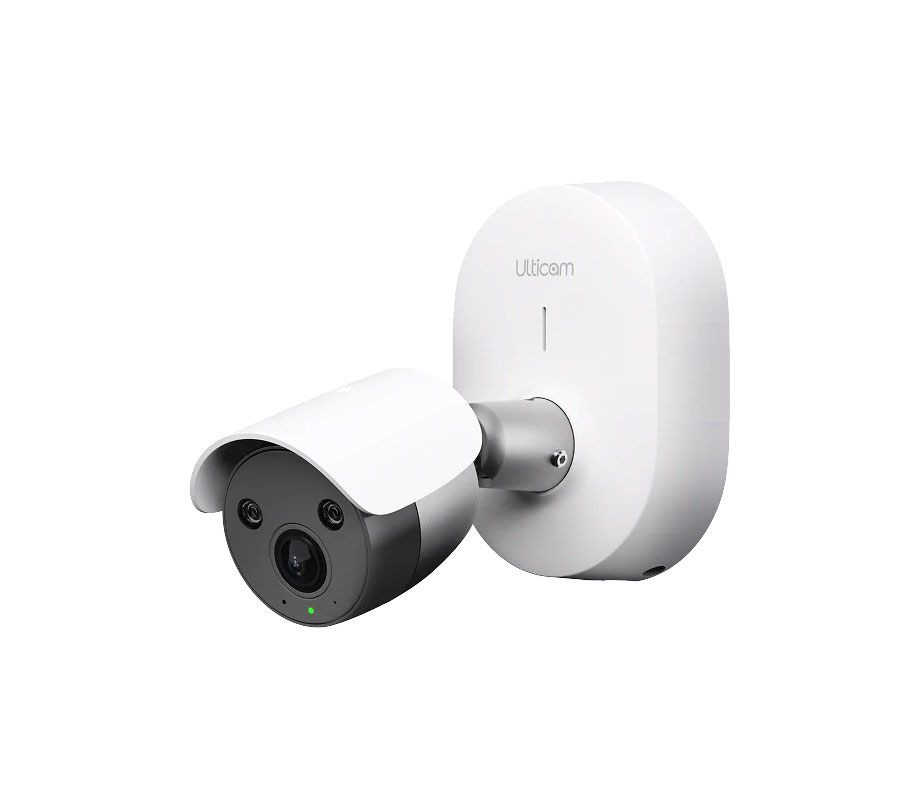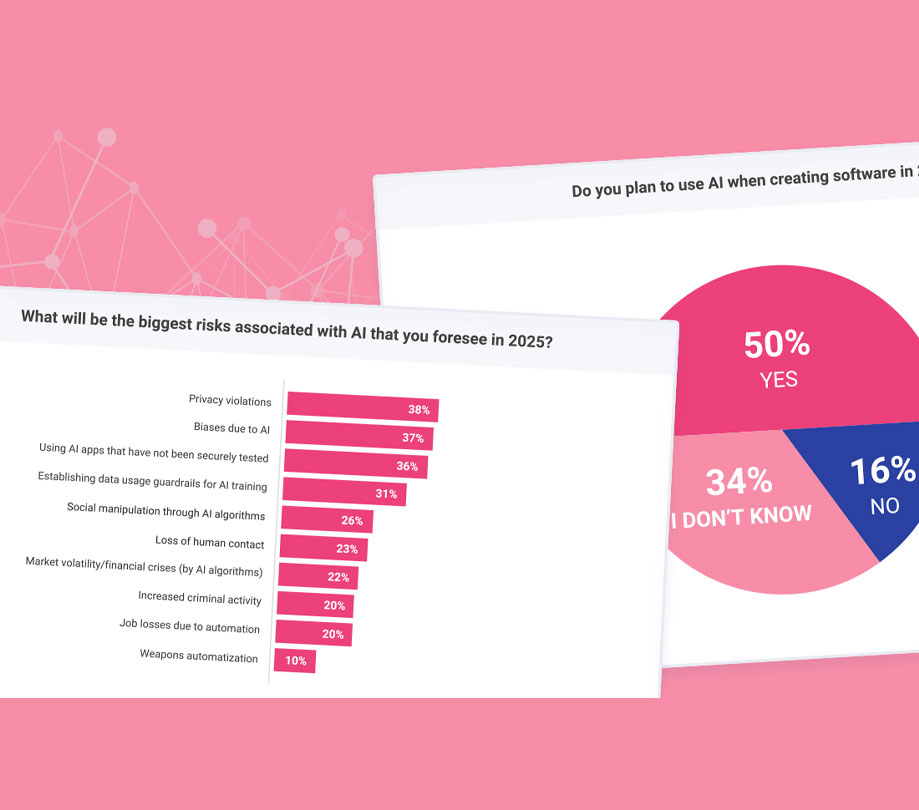Artificial Intelligence
AI technologies can help American workers reduce their busy work
Friday, November 23, 2018

|
Richard Harris |

Busy work on the job is taxing American workers, but new AI technologies are viewed with optimism finds a new report - and Alex Terry, CEO of Conversica weighs in.
Conversica released the results of a study that polled more than 1,000 U.S. workers about how much of their work day is spent on routine and repetitive tasks. Results of the study show that the majority of knowledge workers contend with too much busy work on the job to the extent it can be labeled as drudgery. The boredom and frustration that accompany this drudgery has a negative impact on their emotional and mental health.
The study also revealed optimism about using new developments in AI to reduce busy work, which could free employees to focus on more creative, challenging and fulfilling tasks.
Giving Their Jobs a ‘D’ for Drudgery
When asked to assign a letter grade to their workplace - from “A” for highly engaging to “F” for soul-crushing - 36 percent of knowledge workers gave their workplace a grade of C, D or F. Additional research findings supporting a challenging work environment include:
- 80 percent feel that aspects of their job are beneath their skill level
- 62 percent say their day involves a significant amount of drudgery
- 42 percent spend 30 minutes of each hour on “busy work”
- 71 percent say that too much busy work on the job makes them feel like they are wasting their lives
This pervasive sense of drudgery negatively impacts morale. When asked to reveal how too much busy work makes them feel, these knowledge workers report being dissatisfied, bored, discouraged, stressed, and undervalued. Additionally, more than two-thirds (69 percent) of white collar workers cite this drudgery as a reason for leaving their last job, a troubling finding in an economy where there are more job openings than job-seekers.
Most Believe AI Will Be Able to Help - in the Next Year
Half of knowledge workers surveyed believe that some or all of their busy work could and should be automated, and a majority say specifically that some of their work conversations could be automated, which would free them up for more challenging and creative tasks.
This would dramatically improve morale. Nearly all (97 percent) white collar workers feel like their brains work better when engaged in new and challenging work, because they feel smarter, more efficient and happier.
Freed from busy work, white collar workers report that they would:
- Focus on more rewarding work - 44 percent
- Be motivated to get more accomplished each day - 42 percent
- Showcase their true talents and abilities - 32 percent
The majority of white collar workers (65 percent) expect to be using AI in the workplace within the next year to automate these routine yet important tasks.
“No one wants to spend their time at work doing tasks that can otherwise be automated, and this survey confirms the impact is widespread and deeply felt,” said Alex Terry, CEO of Conversica. “The good news is that advances in artificial intelligence, especially in conversational AI, are allowing previously routine but important human activities to be automated with fully autonomous AI assistants that deliver great results, boost overall business performance, free us humans for more valuable and creative work, and are easy to deploy and make successful. It’s great that most American knowledge workers are looking forward to automating tasks within their jobs to not only increase their performance but also improve their health, happiness and job satisfaction.”

Become a subscriber of App Developer Magazine for just $5.99 a month and take advantage of all these perks.
MEMBERS GET ACCESS TO
- - Exclusive content from leaders in the industry
- - Q&A articles from industry leaders
- - Tips and tricks from the most successful developers weekly
- - Monthly issues, including all 90+ back-issues since 2012
- - Event discounts and early-bird signups
- - Gain insight from top achievers in the app store
- - Learn what tools to use, what SDK's to use, and more
Subscribe here











Comments